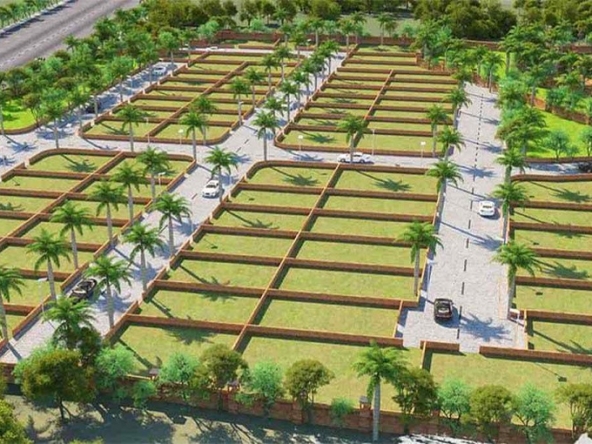
The real estate industry is constantly evolving, shaped by economic shifts, technological advancements, and changing consumer preferences. As we move further into 2024, several key trends are emerging that are set to redefine the landscape of real estate. Whether you’re a buyer, seller, investor, or simply someone interested in the market, understanding these trends can help you make informed decisions. Let’s dive into the most significant developments shaping the future of real estate.
1. The Rise of Smart Homes and PropTech:-
Technology is revolutionizing the way we live, and real estate is no exception. Smart homes, equipped with IoT (Internet of Things) devices, are becoming the new standard. From smart thermostats and security systems to voice-controlled appliances, homeowners are increasingly seeking properties that offer convenience, energy efficiency, and enhanced security.
PropTech (Property Technology) is also gaining traction, with platforms that streamline property management, virtual tours, and even AI-driven market analysis. For investors, these tools provide valuable insights, while buyers and renters benefit from a more seamless experience.
2. Sustainability and Green Living:-
As environmental concerns grow, sustainability is becoming a top priority in real estate. Buyers are increasingly drawn to eco-friendly homes that feature energy-efficient appliances, solar panels, and sustainable building materials. Developers are responding by incorporating green designs and renewable energy solutions into new projects.
Additionally, cities are promoting sustainable urban planning, with a focus on walkable neighborhoods, public transportation, and green spaces. This shift not only benefits the environment but also enhances the quality of life for residents.
3. The Impact of Remote Work on Housing Demand:-
The remote work revolution, accelerated by the pandemic, continues to influence real estate trends. With more people working from home, there’s a growing demand for properties with dedicated office spaces, high-speed internet, and comfortable living environments. This has led to a surge in interest in suburban and rural areas, as buyers seek larger homes and a better work-life balance.
At the same time, urban centers are adapting by offering flexible workspaces and mixed-use developments that combine residential, commercial, and recreational spaces.
4. Generational Shifts in Homeownership:-
Millennials are now the largest group of homebuyers, and their preferences are shaping the market. Many are prioritizing affordability, location, and amenities over square footage. Meanwhile, Gen Z is beginning to enter the market, bringing a focus on sustainability and technology.
On the other end of the spectrum, Baby Boomers are downsizing and seeking properties that cater to their retirement needs, such as low-maintenance homes and active adult communities.
5. The Role of Real Estate Investment in a Volatile Economy:-
In uncertain economic times, real estate remains a reliable investment option. However, the strategies are evolving. Investors are diversifying their portfolios by exploring alternative options like vacation rentals, co-living spaces, and commercial properties. Crowdfunding platforms are also making it easier for individuals to invest in real estate with smaller capital.
6. Affordability Challenges and Creative Solutions:-
Rising home prices and interest rates have made affordability a major concern for many buyers. To address this, governments and private sectors are exploring innovative solutions such as rent-to-own programs, shared equity models, and modular housing. These approaches aim to make homeownership more accessible, particularly for first-time buyers.
7. The Growing Importance of Location and Community:-
Location has always been a key factor in real estate, but the definition of a “good location” is changing. Proximity to amenities, schools, and healthcare facilities remains important, but there’s also a growing emphasis on community and lifestyle. Buyers are looking for neighborhoods that offer a sense of belonging, cultural diversity, and opportunities for social interaction.
Conclusion: Navigating the Future of Real Estate
The real estate market is dynamic, and staying ahead requires adaptability and a willingness to embrace change. Whether you’re buying, selling, or investing, understanding these trends can help you make smarter decisions and capitalize on emerging opportunities.
As we move forward, one thing is clear: the future of real estate is about innovation, sustainability, and meeting the evolving needs of buyers and communities. By keeping an eye on these trends, you can position yourself for success in this ever-changing market.


